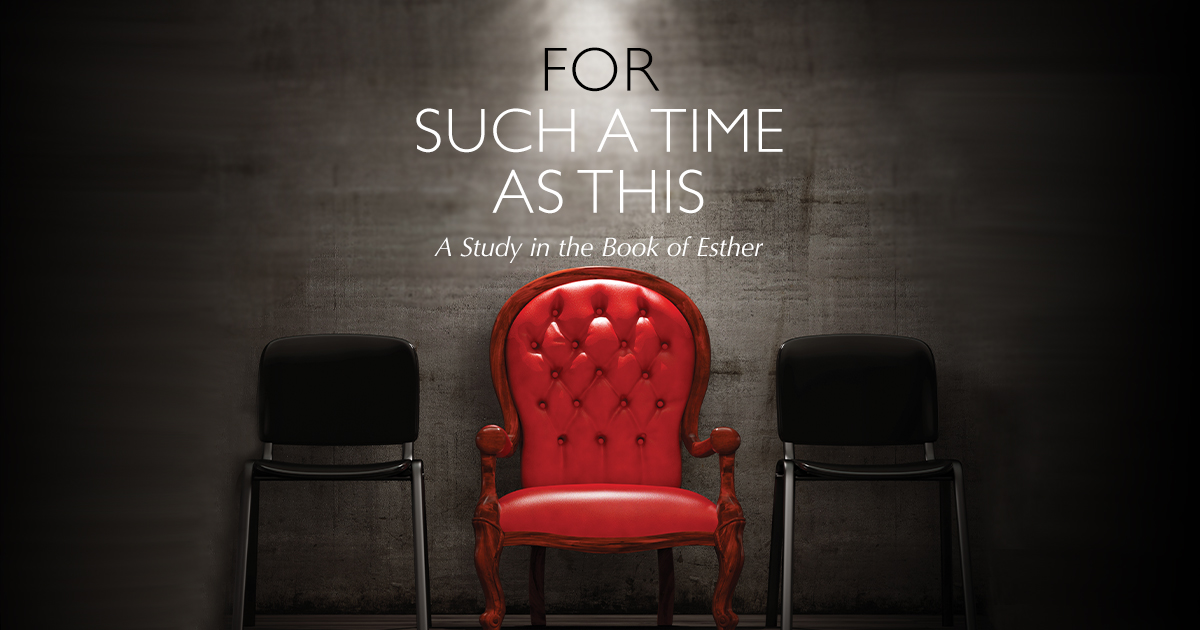

Question and Answer
Is the significance of the sun rising on Jacob in Genesis 32:31?
What does Jacob mean when he says, "I have seen God and my life has been spared" (Gen. 32:30)?
Why did the Lord change Jacob's name to Israel?
Why did God ask Jacob for his name? If God is omniscient, wouldn't He already know?
Who wrestled with Jacob in Genesis 32?
Is the significance of the sun rising on Jacob in Genesis 32:31?
In the Old and the New Testaments, the temporal setting or time at which an event occurs sometimes has symbolic or thematic significance, but we must be careful not to force Scripture to find deeper or hidden meaning. But, taken within context, sometimes the normal sense of the text has symbolic overtones. Here, the narrator notes that the sun rose upon Jacob. The narrator might be suggesting that the sun is rising on Jacob in more ways than one. This was a significant day for Jacob in his walk with God and in his practical sanctification.
Like Jacob, when we turn to God, acknowledging our weakness, we are experiencing a “breaking of the day” moment in our walk with the Lord Jesus Christ. In that moment, the sun rises on us, breaking through with victory.
What does Jacob mean when he says, "I have seen God and my life has been spared" (Gen. 32:30)?
No human being in their present condition can see God in His essential being and live to tell others about the experience (Ex. 33:18–20). God is so utterly beautiful and thrilling that the mere sight of Him would fill us with so much joy we would burst and it would kill us! In grace and mercy, the Lord appeared to Jacob in human form not to crush him with His glory. Jacob was thankful that he had the privilege to see God, even in this way, and was able to live to tell others about the experience.
Why did the Lord change Jacob's name to Israel?
After Jacob’s confession to God (Gen. 32:27), the Lord did something rather unexpected: He changed Jacob’s name to Israel, meaning “he who struggles or strives with God.” The name Israel is given to Jacob because, in a sense, Jacob had striven with God and with people (v. 28). After God touched and dislocated Jacob’s hip, Jacob was no longer able to continue wrestling. The only thing he could do was cling to God (v. 26). In his weakness, Jacob asked for and received blessing from the Lord (vv. 26, 29). Herein resides the vital lesson that God’s people must learn in every generation: Jacob’s victory was not the result of his own strength and effort but came through desperate weakness. He clung to God until blessing was acquired.
It is only when we stop wrestling and start clinging to God that we become strong and prevail. Paul may have had this in mind when he penned these words: “When I am weak, then I am strong” (2 Cor. 12:10).
Why did God ask Jacob for his name? If God is omniscient, wouldn't He already know?
You are right; God is omniscient. He knows completely, perfectly, and exhaustively all things from all eternity, past, present, future, potential, and probable. Thus, when God asks us questions, He never asks so He can be informed (Gen. 3:9–13; Gen. 4:6, 9–10; John 13:12). Rather, He questions us for His own redemptive and teaching purpose (Job 38–41). In Genesis 32:27, God asked Jacob for his name, and Jacob answered: “Jacob.” It is helpful to understand that Jacob’s name means cheater, deceiver, or trickster. So, when Jacob said to God, “My name is Jacob,” he was doing more than merely stating his given name. Actually, Jacob was confessing that he was a deceiver, a liar, a cheater, and a manipulator. Jacob’s confession was a significant moment in his life and gave Him a new understanding of the heart of God. To us, it’s an encouragement to be open to our heavenly Father’s questions.
Who wrestled with Jacob in Genesis 32?
In Genesis 32:22–32, we find Jacob alone at night. Then the Bible says, in a nondescript way, that “a man wrestled with him [Jacob] till daybreak” (v. 24). Notice that the text does not say that Jacob wrestled with a man, but that a man wrestled with Jacob.
This all-night wrestling match seemed to end with no clear winner. Then the unnamed assailant touched Jacob’s hip socket and dislocated his hip! No doubt this was a very painful and crippling experience. As the episode comes to a close, some of the ambiguous fog surrounding the identity of this man is lifted, revealing in subtle glimpses that the man who wrestled with Jacob was none other than God Himself (Gen. 32:30). Yet we still have a sense that in some way God was hidden during this encounter. The fact that before God touched Jacob’s hip, the match was a draw (v. 25) was due to the incredible and unspeakable humility of God. Imagine the humility of the triune God of the universe condescending to engage in a wrestling match with a mere mortal! Certainly this was not merely for sport but was intended for Jacob’s sanctification and growth. What a wonderful God we serve!




